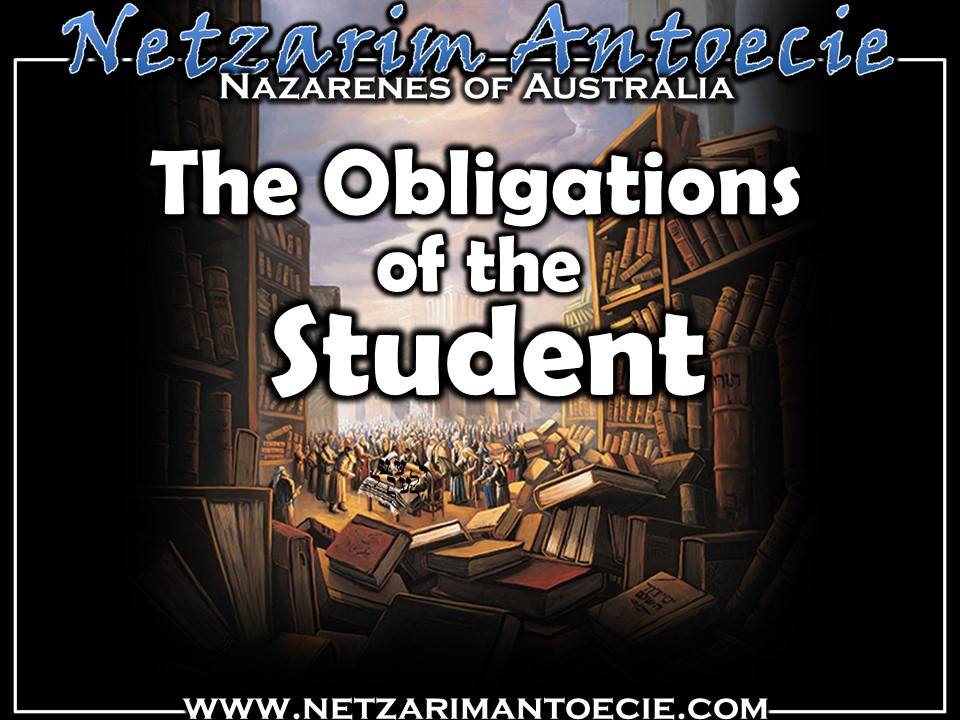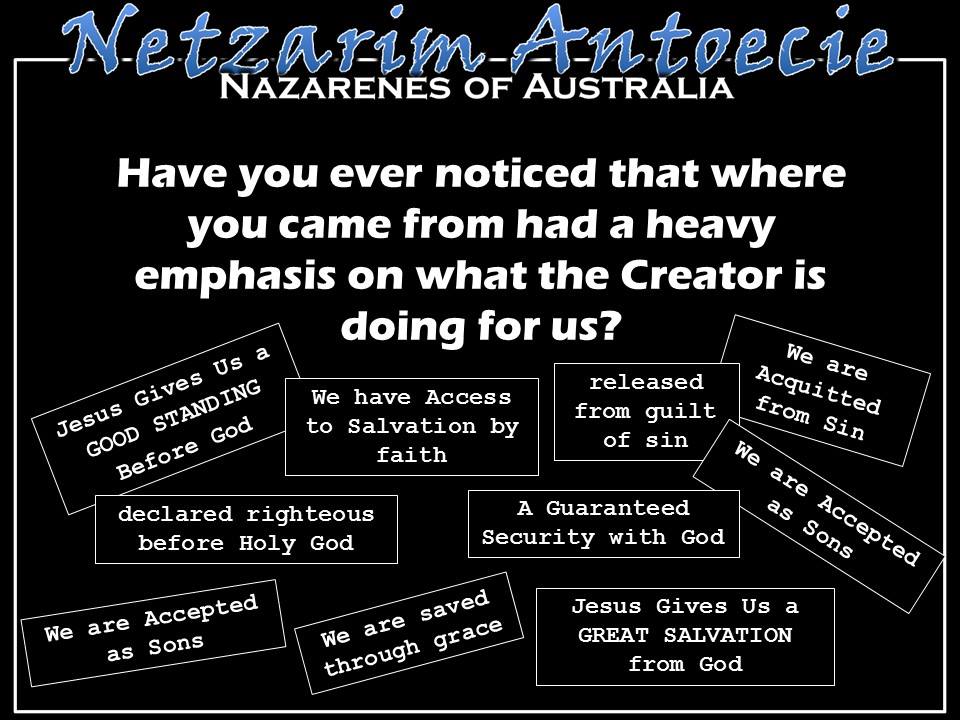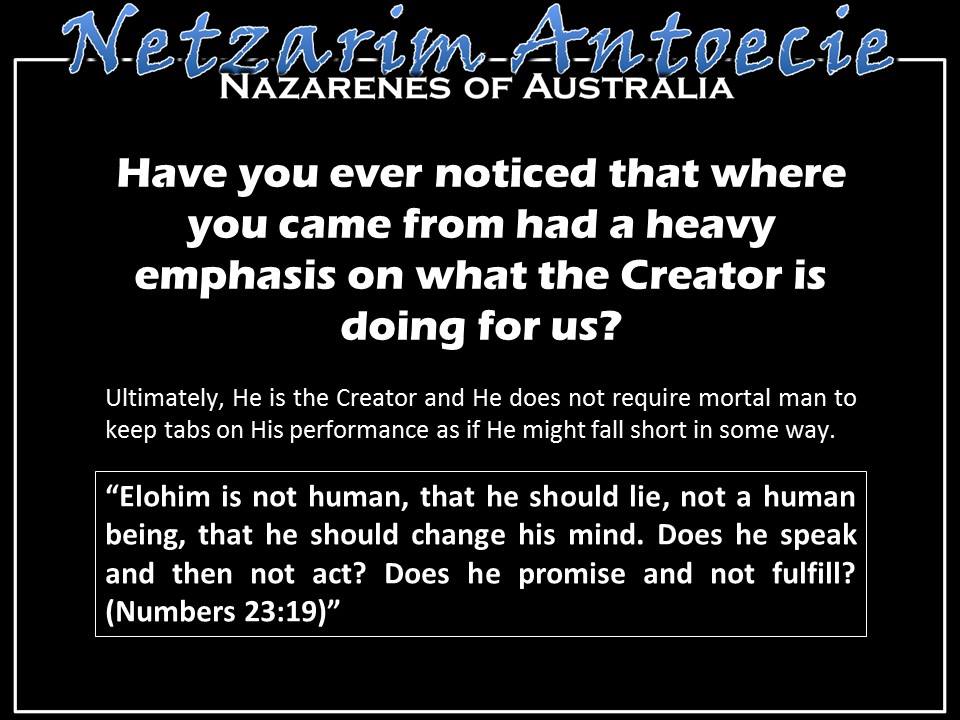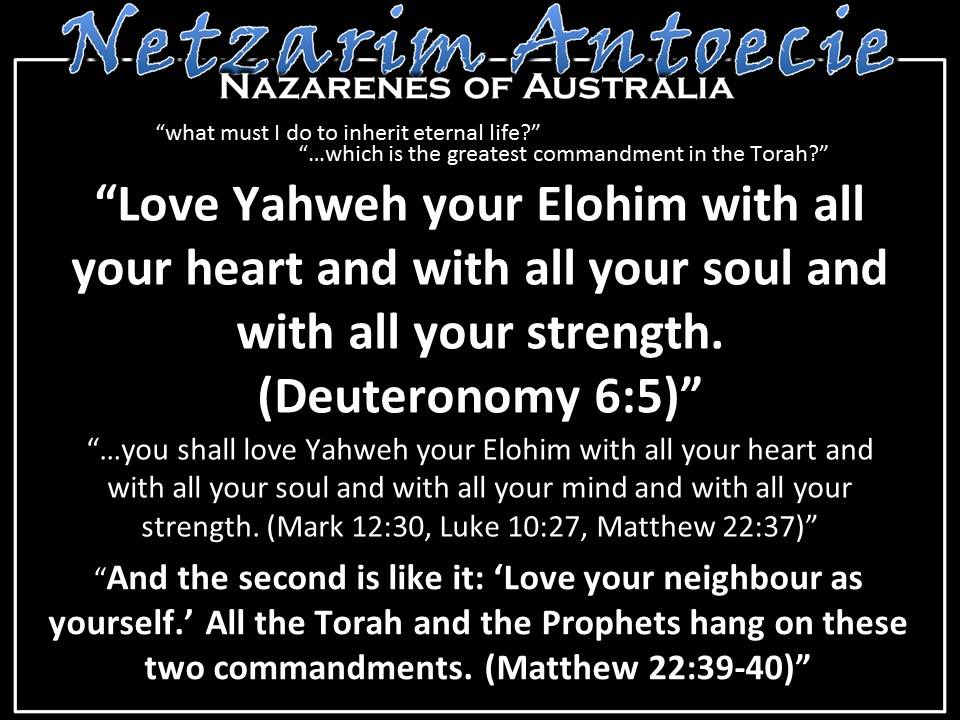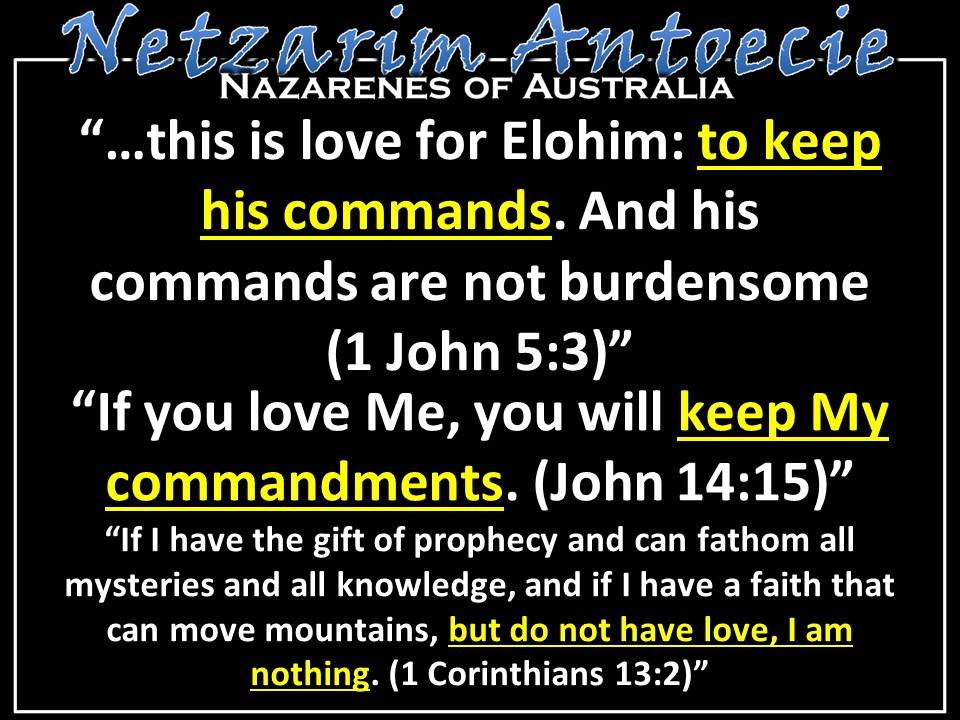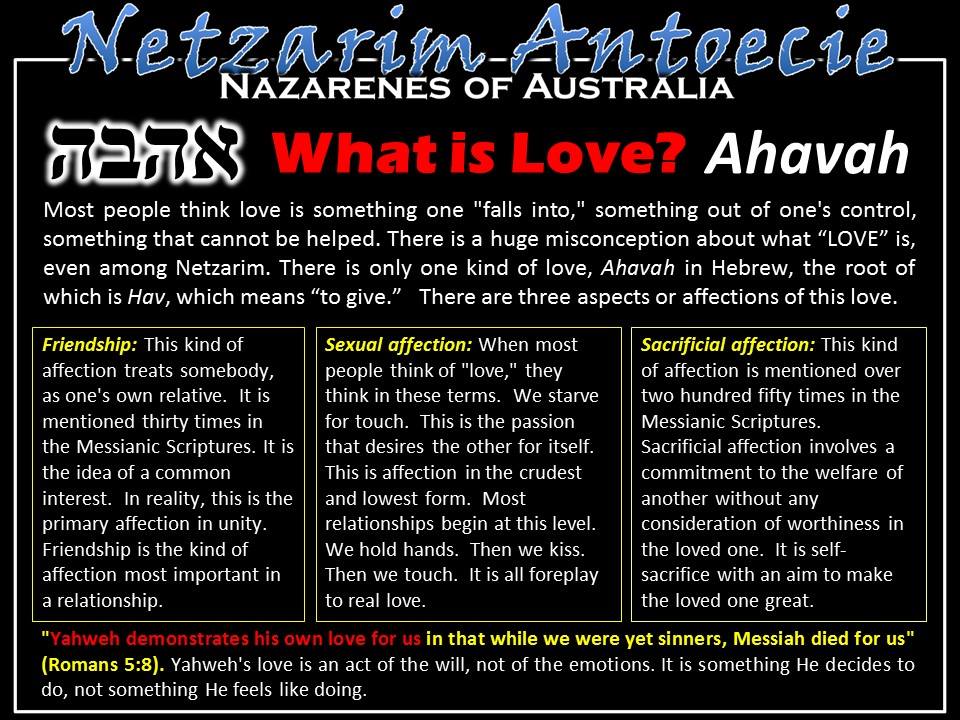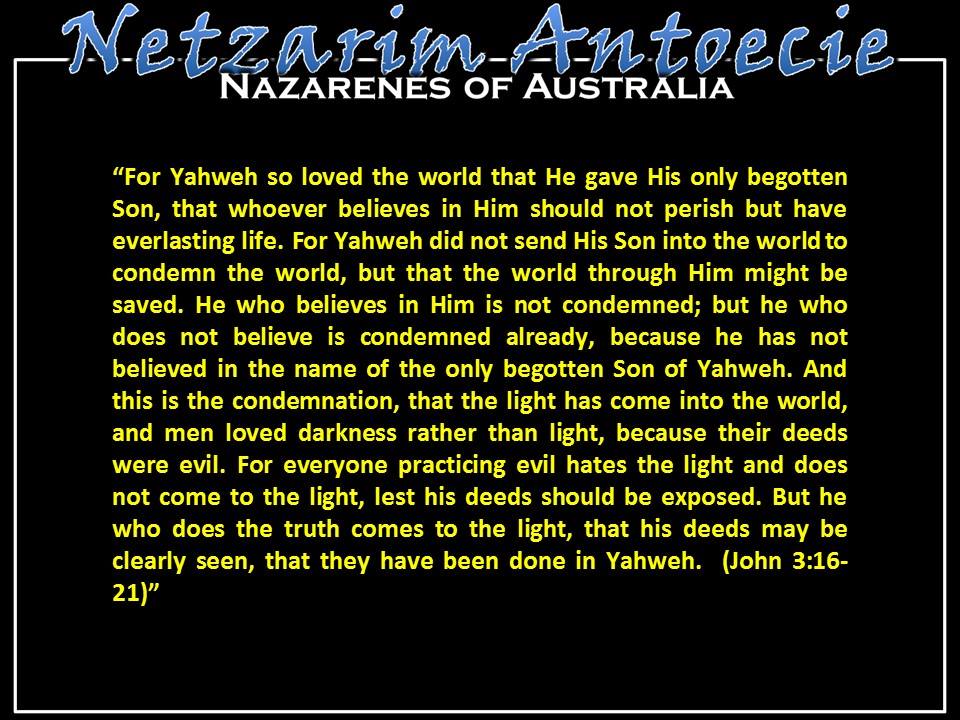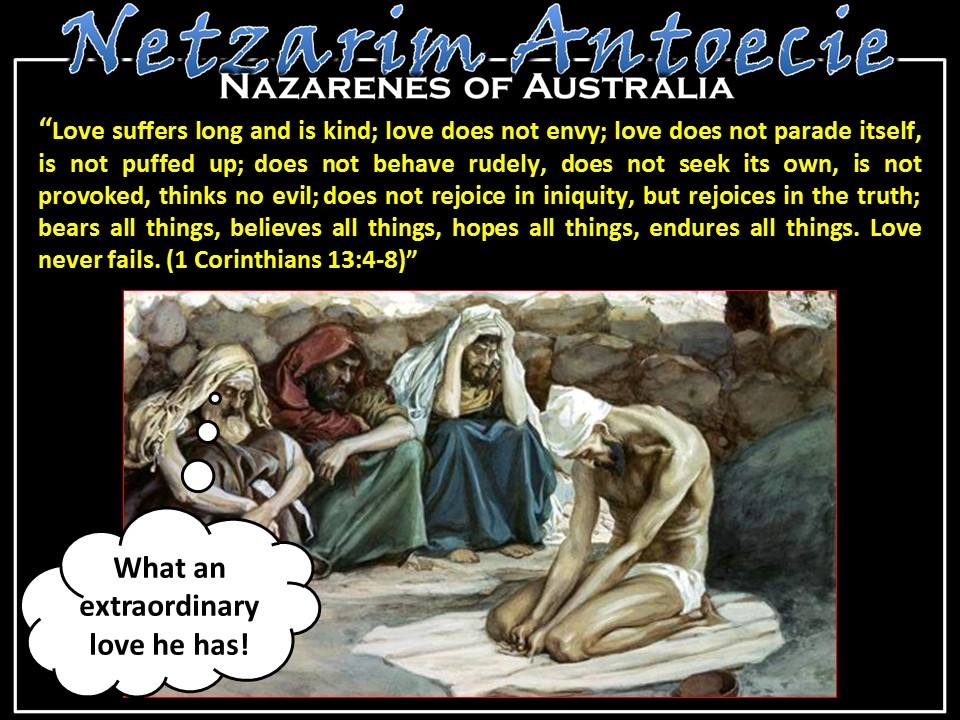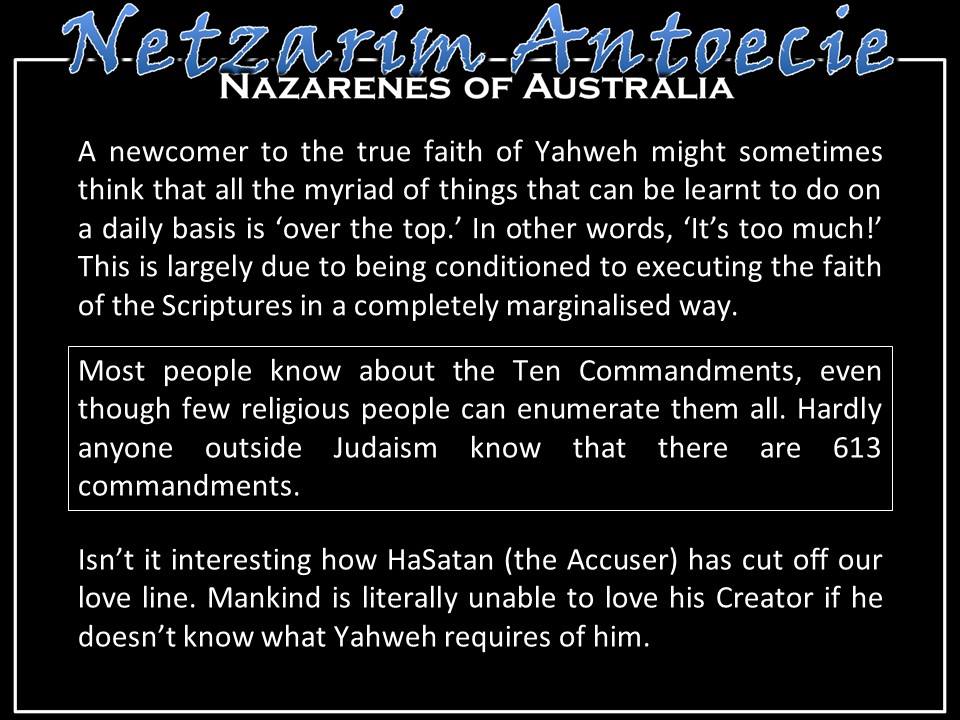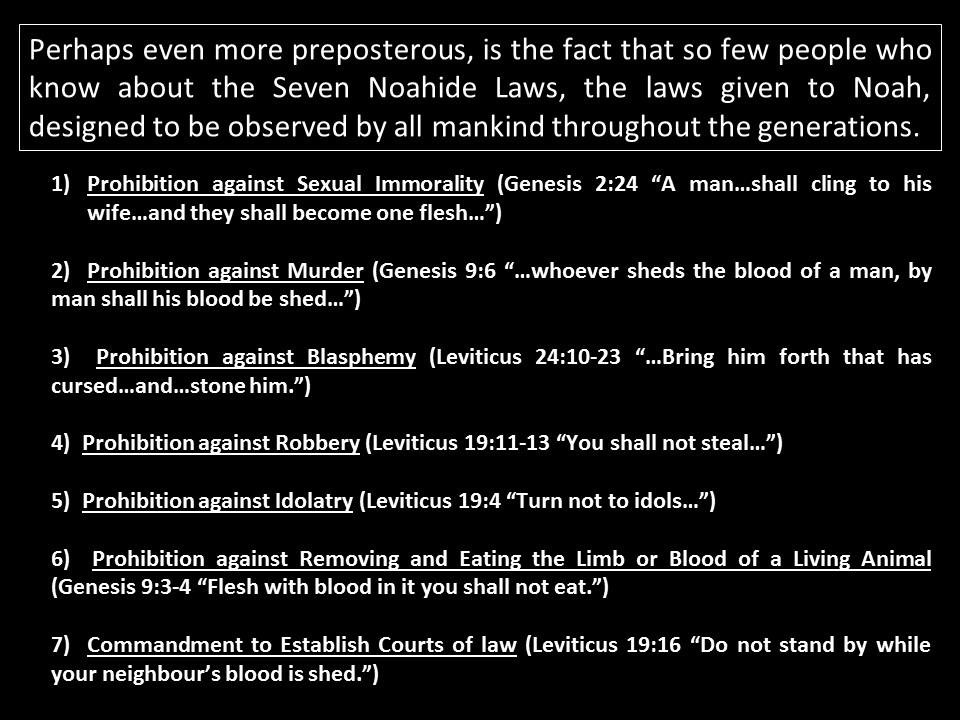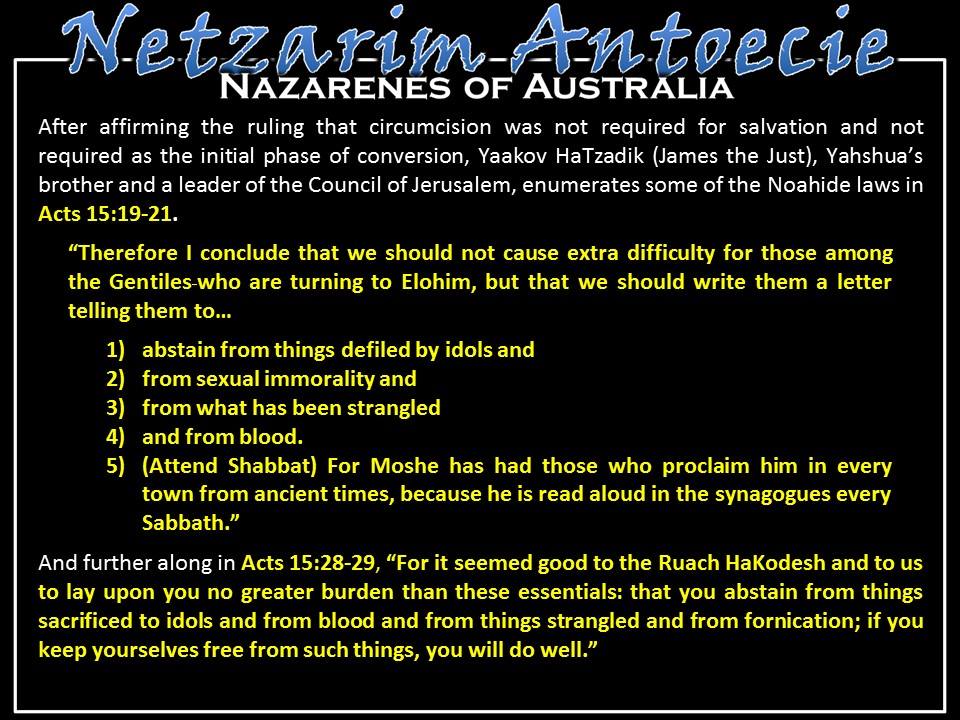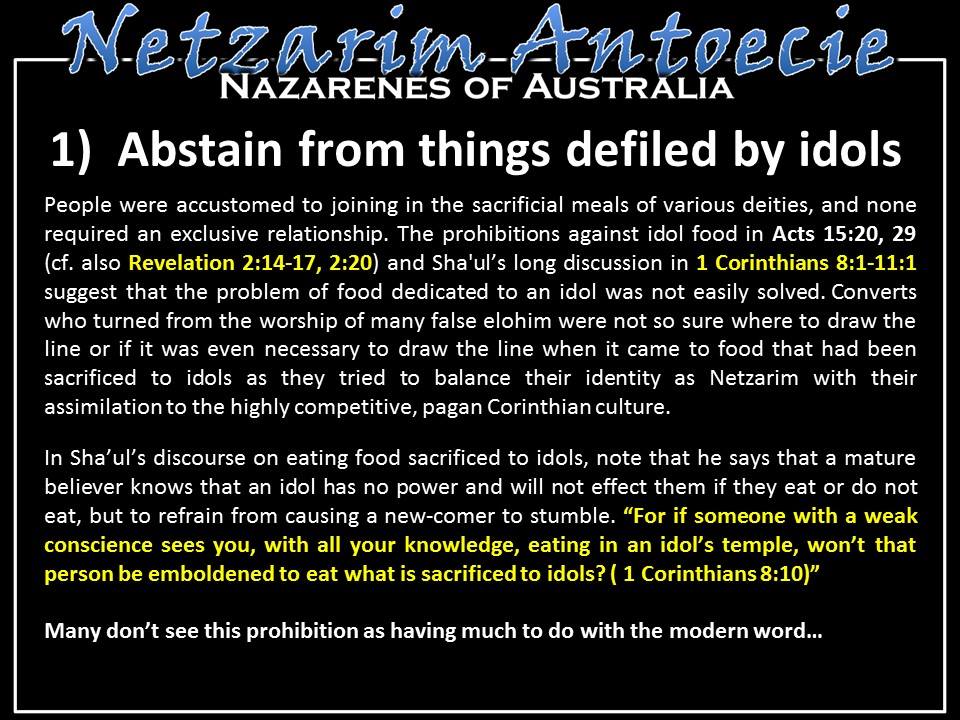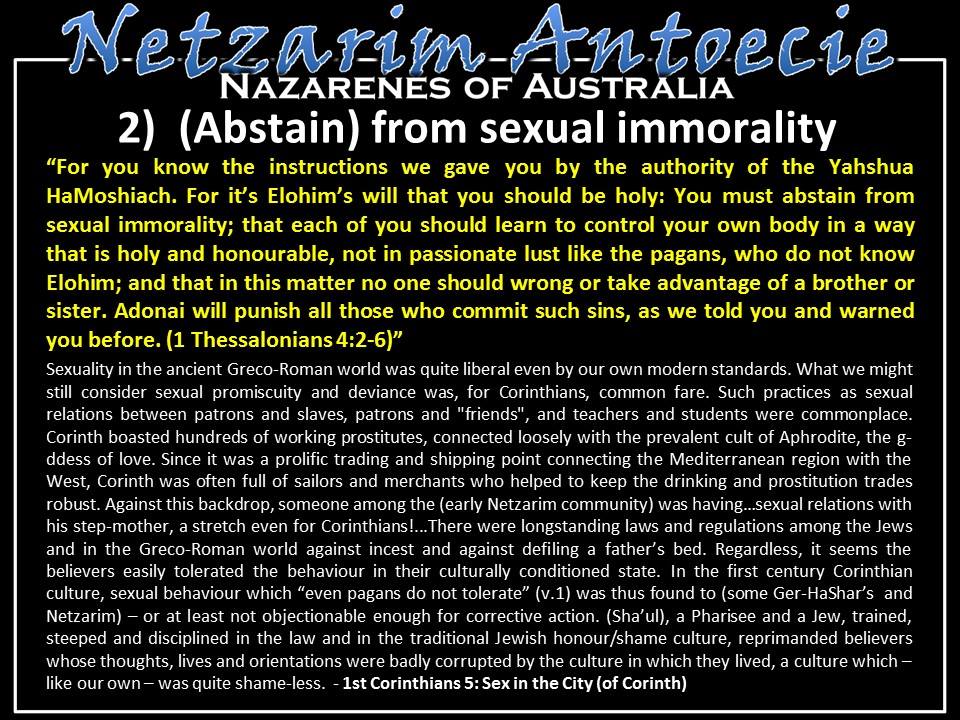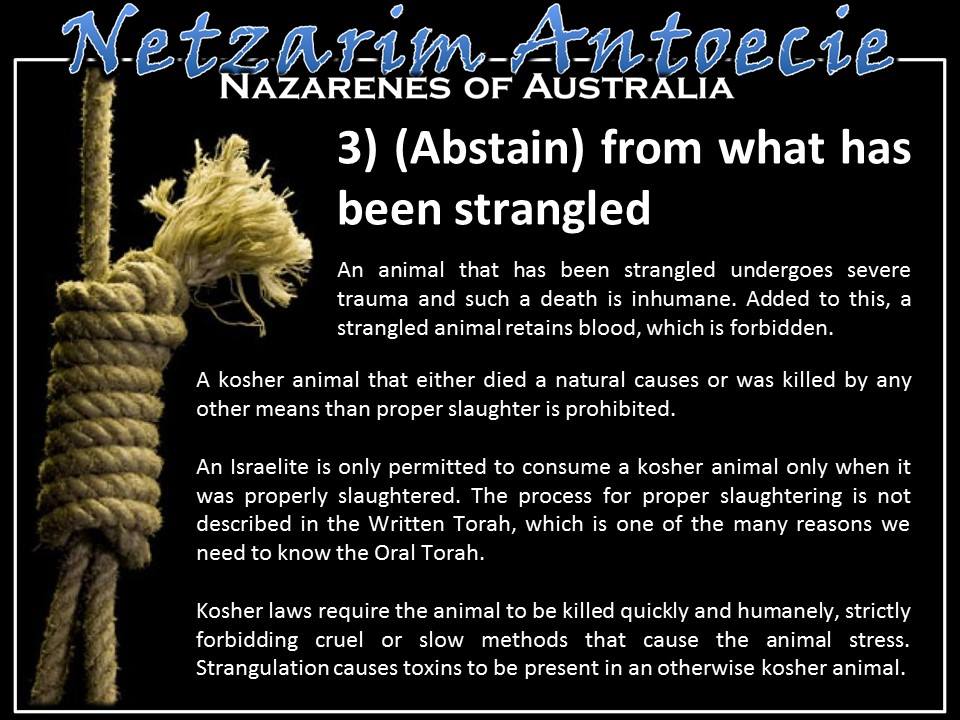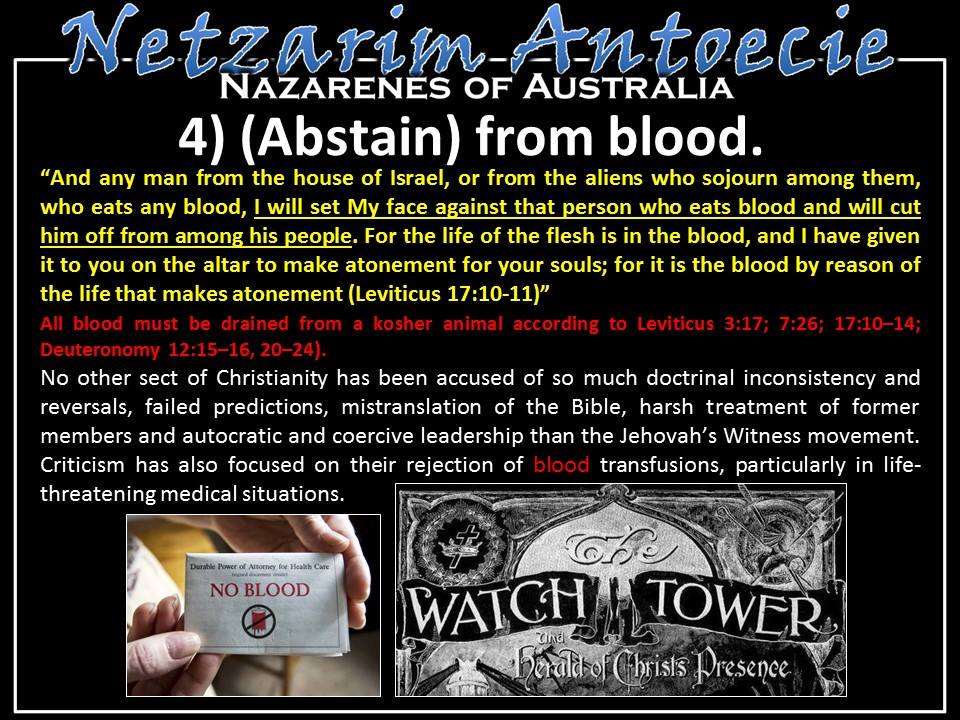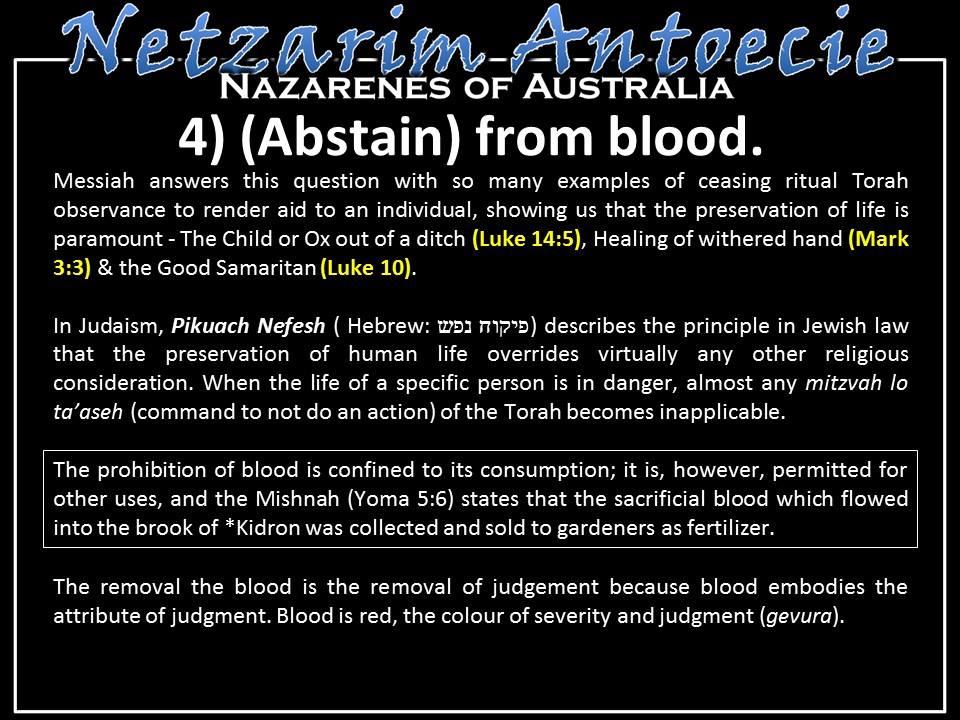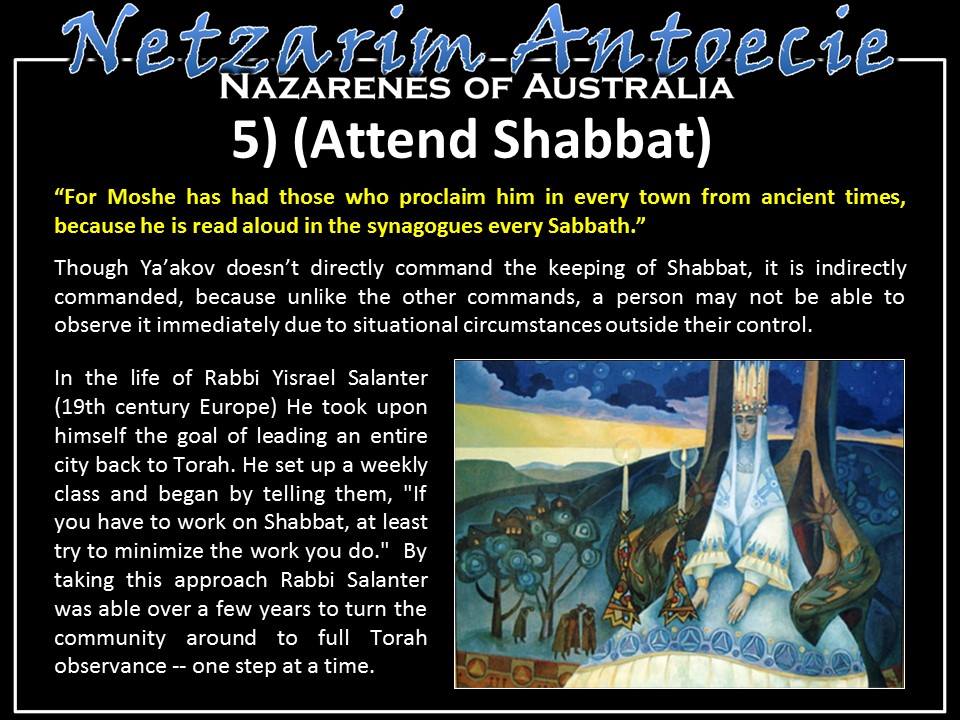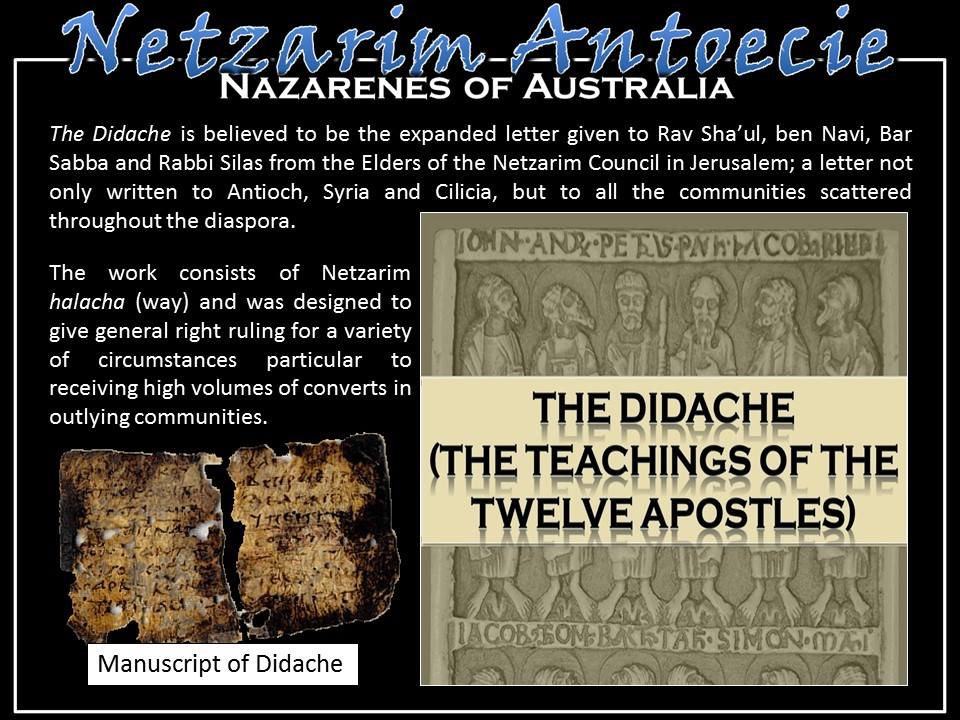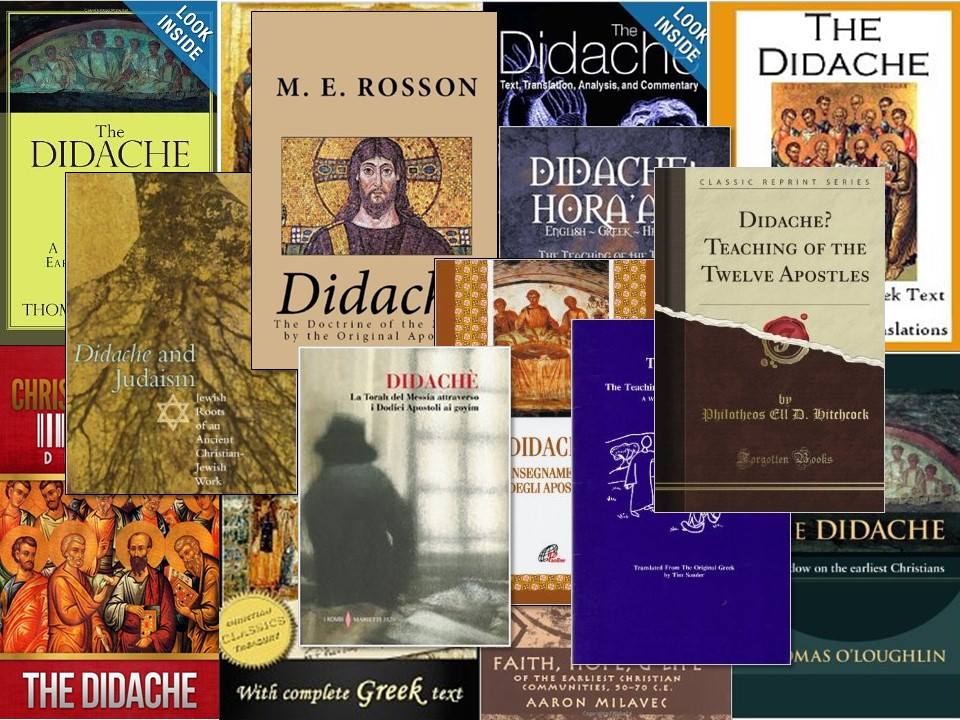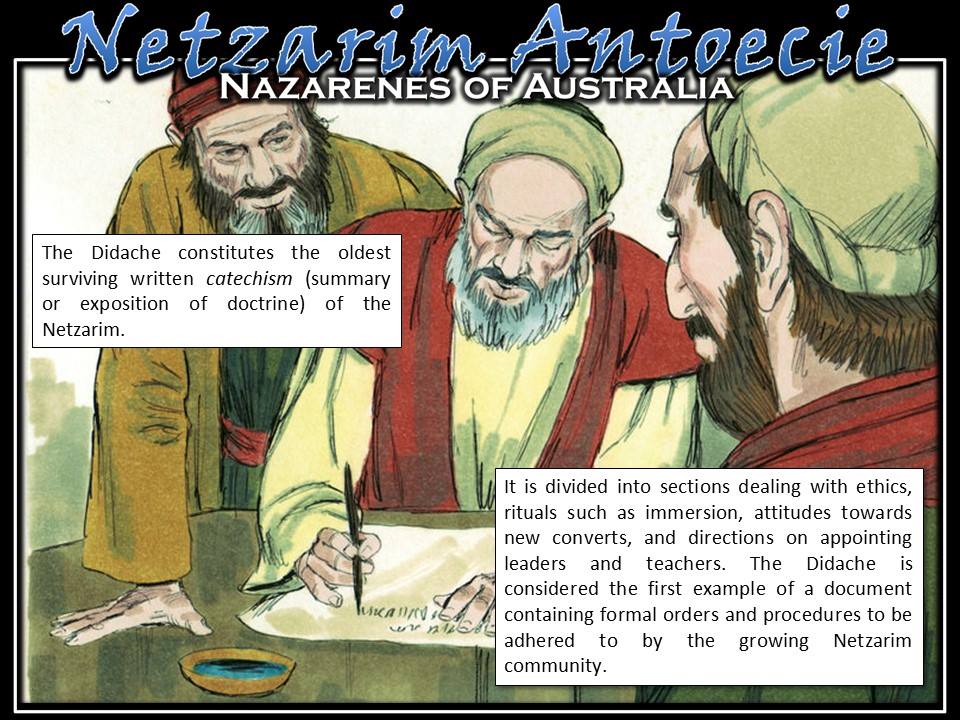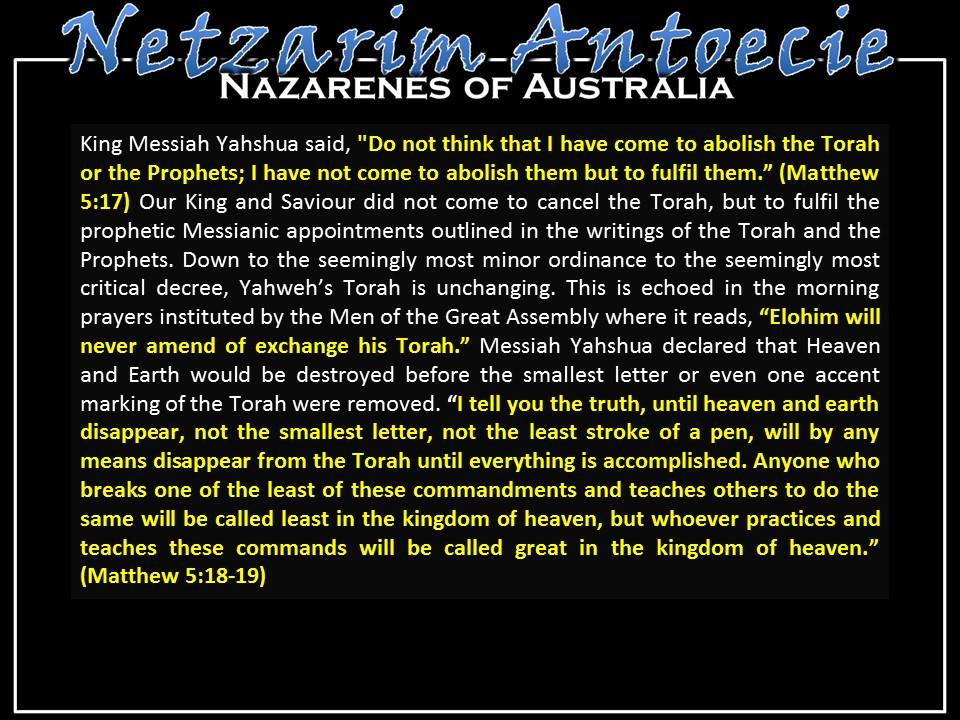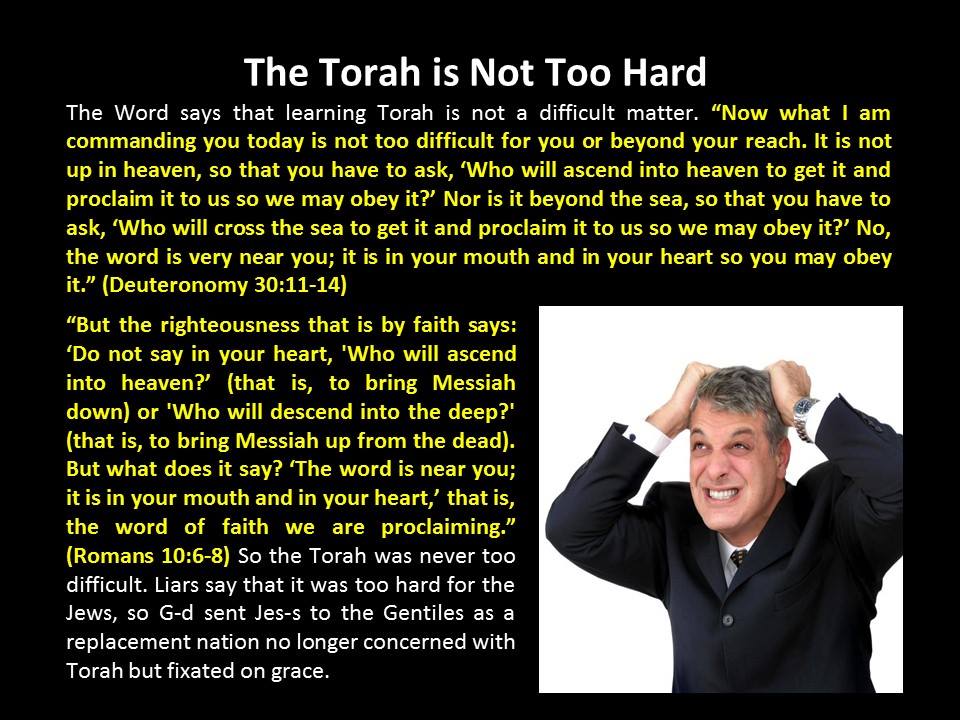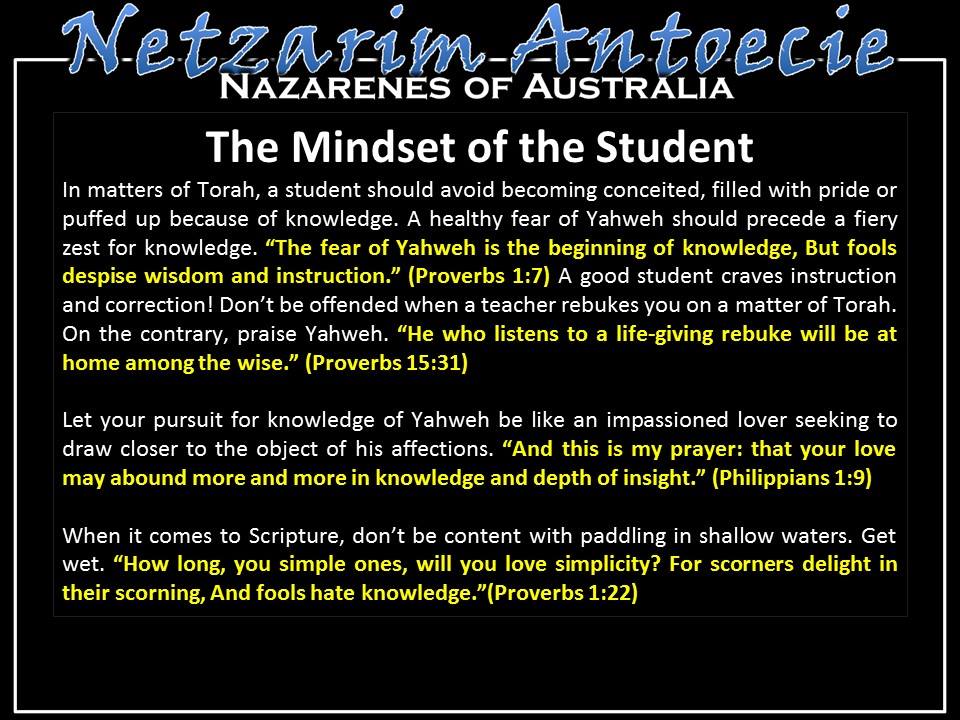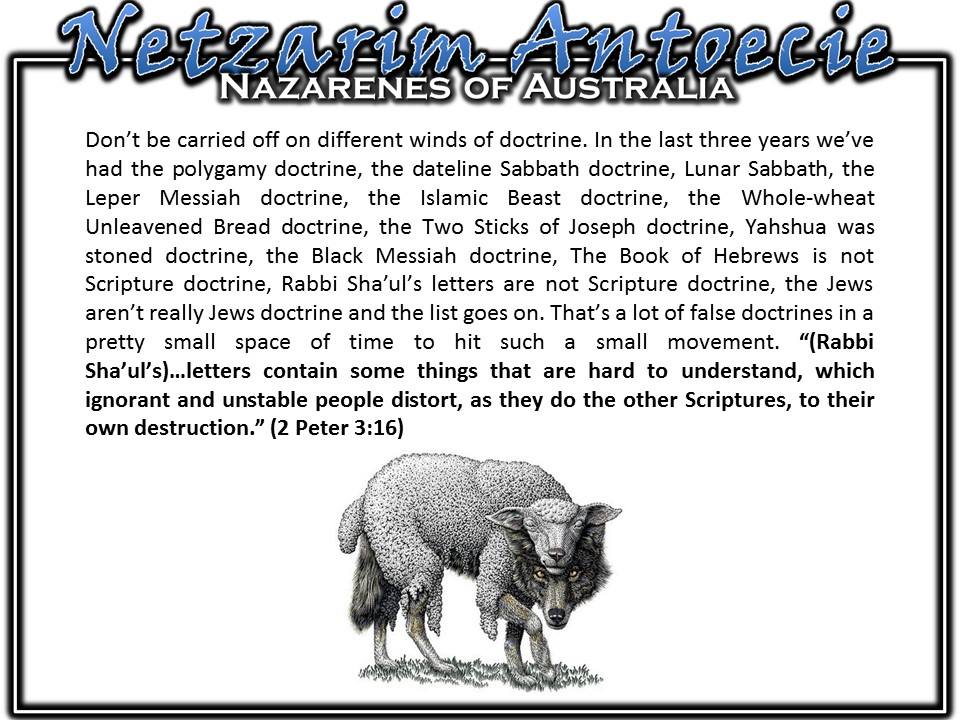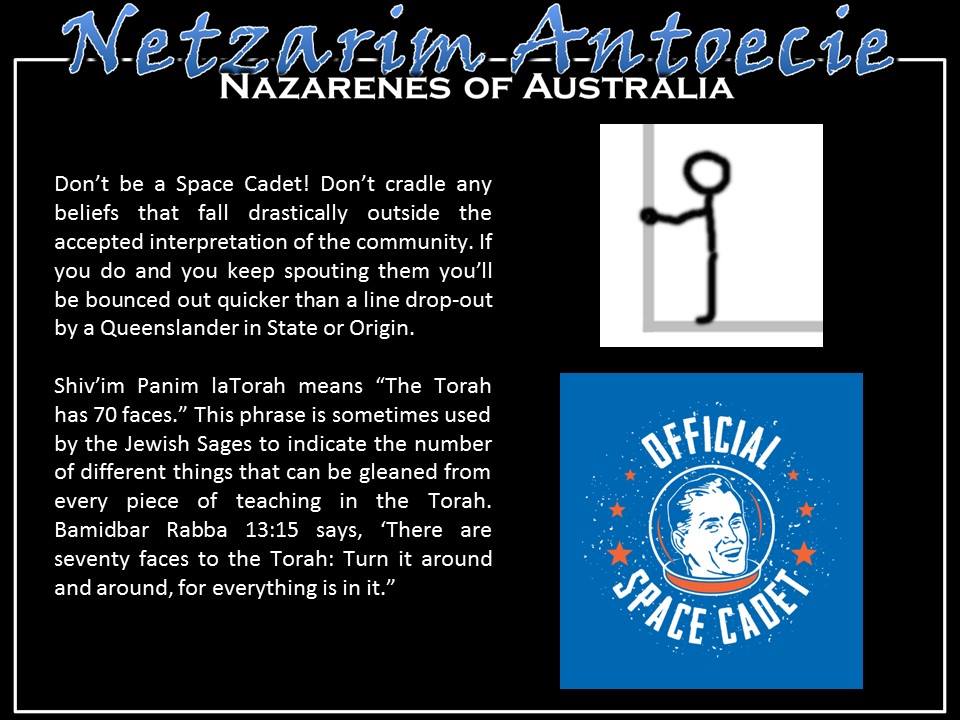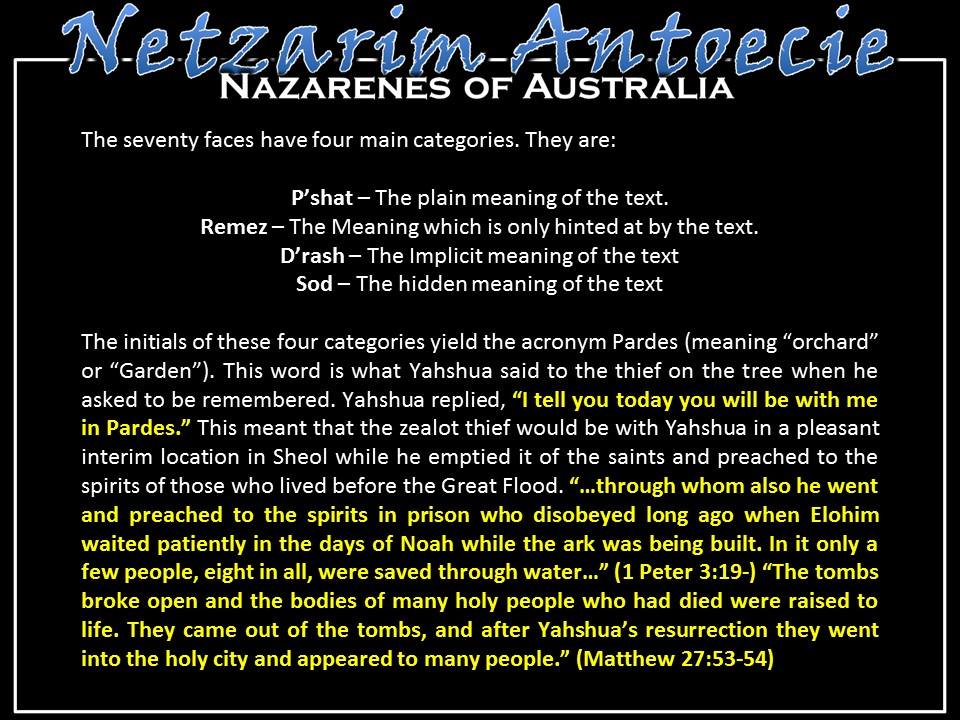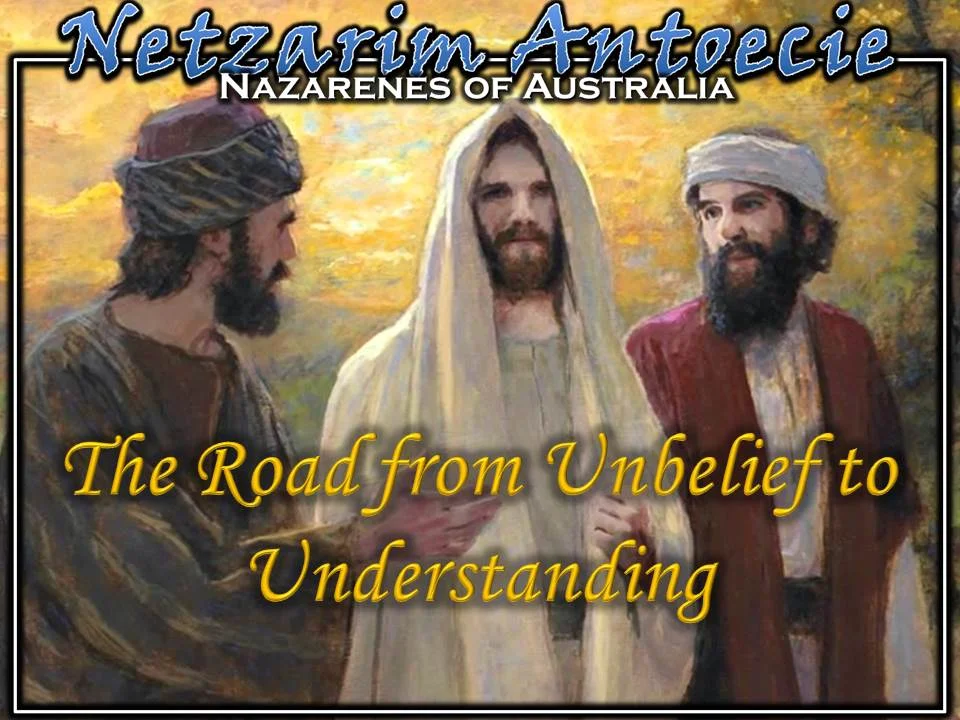Video Teaching
Audio Teaching
Introduction:
Since we are still in the process of “Counting the Omer” it is most prudent to refresh our memory with regards the truths that we have acquired.
Though we know that the journey from Passover to Shavuot (Pentecost) traditionally was always a time of self-reflection we discovered that change in our Character was the work of the RUACH Ha Kodesh (Holy Spirit)in partnership with ourselves, so as we observed there were dramatic changes needed for the Talmidim (Disciples) to bring them from a place of disappointment to one of faith and then from a place of unbelief to a place of understanding all of which required the initialization of the master who began that transformation by his appearances after his Resurrection to open the understanding of his Talmidim (Disciples) but this process continued during this period through the work of the RUACH Ha Kodesh who would now be their teacher to bring them to the completion of their preparation for not only receiving the Torah at Shavuot (Pentecost) but that would also prepare them for the task that YAHWEH and the Master had for them when he would be no longer be with them in his physical form.
We should understand that this journey is no different for us too; if we are to fulfil the purpose that YHWH has called us for. Every aspect of this journey should be a vital lesson for us otherwise we will not progress. We should be very careful to take note of everything that affected the Talmidim (Disciples) so we too will progress to the place that YHWH desires for us.
The Lost Cause
To fully appreciate the place the Sh’liychiym (Apostles) were, we need to look at where they were coming from.
Upon the calling of the Talmidim (Disciples) we find them mostly having mundane backgrounds in earthly occupations living far removed from the centre of Religious life being in Yerushalayim (Jerusalem).
One fundamental truth that all Yisraelites clung to, was the belief in the coming Messiah who was the anointed King of Yisrael from the line of King David who would deliver Yisrael from all oppression which I outlined in my previous teaching.
We see Andri (Andrew) demonstrating this strongly held belief in:
Yochanan 1:40 Andri (Andrew) first finds his own brother Shimon (Simon) and said to him, “we have found Ha Machiach, which is being interpreted “the Messiah.”
Also the encounter with Nathaniel makes this anticipation abundantly clear:
Yochanan 1:45- 49 Philip found Nethanĕ’l and said to him, “We have found Him whom Mosheh wrote of in the Torah, and the prophets: Yahshua of Natsareth – the son of Yosĕph.” 46 And Nethani’el said to him, “Is it possible for any good matter to come out of Natsareth?” Philip said to him, “Come and see.” 47 Yahshua saw Nethani’el coming toward Him, and said of him, “See, truly a Yisra’ĕlite, in whom is no deceit!” 48 Nethani’el said to Him, “From where do You know me?” Yahshua answered and said to him, “Before Philip called you, when you were under the fig tree, I saw you.” 49 Nethani’el answered and said to Him, “Rabbi, You are the Son of Elohim! You are the Sovereign of Yisra’ĕl!”
Note: In Hebraic terms “under the Fig Tree” is descriptive of someone who studies Torah with the Fig tree being a picture of Yisrael in full Torah obedience meaning Yahshua saw Nathani’el under Torah obedience hence why he recognised the Messiah as the son of YHWH.
With this truth and with the rise of Yahshua’s popularity among the people combined with the demonstration of all the miracles of Yahshua we see the Disciples beginning to believe in the rise of the Messianic Kingdom with them in strategic positions & with them having discussions of their Greatness:
Mark 9: 33- 35 Then He came to Kephar Nachum (Capernaum). And when Yahshua was in the house He asked them, “What was it you disputed among yourselves on the road?” 34 But they kept silent, for on the road they had disputed among themselves who would be the greatest.
Even more importantly at the “last Supper” the Talmidim (Disciples) argue about their greatness as recorded in Luke 22: 24.
From this misguided understanding of the cause of the Messiah we can understand that at the death of Yahshua these men were so broken because their hope of the establishment of the renewed Messianic Kingdom so fuelled them especially when they saw the most powerful entry into Yerushalayim when Yahshua rode a donkey as predicted by the Prophet ZecharYah (Zechariah) 9:9:
MattithYahu (Matthew) 21:7-11The Talmidim (Disciples) brought the Donkey & the colt & put on them their clothes & they set him there. 8 And a great multitude spread their garments in the way; others cut down branches from the Etzim (Trees) and spread them in the way. 9 And the multitudes that went before and that followed cried, saying Hoshiana (Hosanna) to the son of David blessed is he that comes in the name of YHWH Hoshiana in the highest.
We can fully understand with all these experiences that the Talmidim (Disciples) had completely lost their sense of the cause they were being called to not understanding the true purpose that the Mashiach (Messiah) had come. All they saw was the fulfilment of Messianic prophecy and the rise of their importance in all that.
The sense of one’s importance has always been a great hindrance to the will of YHWH and the unity of the Assemblies. We see Shaul (Paul) often teaching in the area of Humility since that is often the most difficult area of character to nurture:
Philippians 2:2-3 Make my joy complete by being of the same mind, having the same love, one in being and of purpose, 3 doing none at all through selfishness or self-importance, but in humility consider others better than yourselves.
With a sense of Greatness we even see Kepha (Peter) opposing the very will & purpose of YHWH in:
MattithYahu (Matthew) 16: 22-23 And Kĕpha took Him aside and began to rebuke Him, saying, “Far be it from you, Master, this shall not happen to You!” 23 But He turned and said to Kĕpha (Peter), “Get behind Me, Satan! You are a stumbling block to Me, for your thoughts are not those of Elohim, but those of men.”
There is something we often miss in the readings of Scripture. At the Resurrection we see the Talmidim (Disciples) being empowered by the RUACH Ha Kodesh (the Holy Spirit)to believe that Yahshua had risen and even to come to the understanding that he needed to die to be the perfect sacrifice for sin to restore all believers back to the Covenant of YHWH.
What we fail to see however is that throughout the Counting of the Omer, the time of their Spiritual awakening there is no indication that the Talmidim (Disciples) had any heart to renew the Mission or the Cause for which the Master had called them. This is why there was a great need for Yahshua to not only establish renewed faith and understanding but also to reinvigorate his Talmidim (Disciples) with the renewed Cause for the Lost that would make them true Sh’liychiym or “Sent Ones” as we will see.
The Renewed Call:
We mostly read the end of the books of the MattithYahu (Matthew), Mark, Luke & Yochanan (John) seeing Yahshua implementing the Great Commission. What I am suggesting is that his Talmidim (Disciples) had lost their cause even after the Resurrection since right from the beginning Yahshua had called them to it and this commission was always the Cause for which they were called:
MattithYahu (Matthew) 4:19 Then He said to them, “Follow Me, and I will make you fishers of men.”
This however is right at the beginning of his Ministry when he 1st called his Talmidim to follow him.Also we see similar words spoken to the Sh’liychiym (Apostles) at the Resurrection:
Yochanan (John) 20:21 So Yahshua said to them again, “Shalom (Peace) to you! As the Father has sent Me, I also send you.”
So important was the call to the Disciples we see the book of Yochanan (John) concluding with the appearance of Yahshua by the lake of Galil also known as the Sea of Tiberias:
Yochanan (John) 21:2 Shim‛on Kĕpha (Simon Peter), and T’oma (Thomas) called the Twin, and Nethanĕ’l of Qanah in Galil, the sons of Zaḇdai (Zebedee), and two others of His taught ones were together. 3 Shim‛on Kĕpha said to them, “I am going to fish.” They said to him, “We are also coming with you.” They went out and immediately entered into the boat. And that night they caught none at all.
This journey from Passover to Shavuot now becomes even more apparent because though the Talmidim (Disciples) had received so much revelation & understanding regarding Yahshua they were not yet ready to become Sh’liychiym or sent ones since they had returned to the comfort of their former lives in Galil (Galilee) where they felt safe forgetting their calling because they still feared the Yahudim (Jews) and therefore Yahshua needed to encourage them again.
It was not unlike the journey of Yisrael from Mitzrayim (Egypt) to Mount Sinai in that when troubles arose they too began to think of Mitzrayim (Egypt):
Shemoth (Exodus) 16:2-4 Then the whole congregation of the children of Yisrael complained against Mosheh (Moses) and Aaron in the wilderness. 3 And the children of Yisrael said to them, “Oh, that we had died by the hand of YHWH in the land of Mitsrayim (Egypt), when we sat by the pots of meat and when we ate bread to the full! For you have brought us out into this wilderness to kill this whole assembly with hunger.”
Just as Yisrael had been given a cause to inherit the land of Canaan the Talmidim (Disciples) had been given a cause but first Yahshua needed to redeem them from their fears so we read of this amazing miracle:
Yochanan (John) 21:4 But when the morning had now come, Yahshua stood on the shore; yet the disciples did not know that it was Yahshua. 5 Then Yahshua said to them, “Children, have you any food?” They answered Him, “No.” 6 And He said to them, “Cast the net on the right side of the boat, and you will find some.” So they cast, and now they were not able to draw it in because of the multitude of fish.
This is the second time that Yahshua did a miracle like this that they might know it is him but also to reveal to them that they should not doubtthat he would supernaturally provide for them even in the naturalbut also that he needed them to put his Cause before all their needs according to his word in:
Slide M 13
MatthithYahu (Matthew) 6:33 But seek first the kingdom of God and His righteousness, and all these things shall be added to you.
Upon their abundant catch we read of their revelation that he was the Master that spoke to them:
Yochanan (John) 21:7 Therefore that disciple whom Yahshua loved said to Kepha (Peter), “It is Adonai (the Master)!” Now when Shimon Kepha (Peter) heard that it was the Master, he put on his outer garment (for he had removed it), and plunged into the sea.
It was only after this miracle that Yahshua begins to restore Shimon Kepha (Simon Peter) because by now Kepha had lost all his former confidence and he needed to be restored back to the Master’s purpose as we read:
Yochanan (John) 21: 15- 17 When, therefore, they had eaten breakfast, Yahshua said to Shim‛on Kĕpha, “Shim‛on, son of Yonah, do you love Me more than these?” He said to Him, “Yes, Master, You know that I love You.” He said to him, “Feed My lambs.” 16 He said to him again, the second time, “Shim‛on, son of Yonah, do you love Me?” He said to Him, “Yes, Master, You know that I love You.” He said to him, “Shepherd My sheep.” 17 He said to him the third time, “Shim‛on, son of Yonah, do you love Me?” Kĕpha was sad because He said to him the third time, “Do you love Me?” And he said to Him, “Master, You know all, You know that I love You.” Yahshua said to him, “Feed My sheep.
It is interesting that when we read this in the Greek two different terms are used for love. When Yahshua says “do you love me” the word in Greek is “Agapao” meaning to love dearly while the word that Kepha uses in response is rendered “Phileo” meaning to be friendly therefore a less intense sense of love. In the Hebrew the word seems to be “Ahav” with no particular distinction however.
We see in these few verses Yahshua re-establishing the intensity of love that He knew Kepha (Peter) had for him even though at this stage I am sure Kepha (Peter) felt the shame of his denial of the Master but Yahshua was again drawing him into that renewed love that he knew would not fail Kepha (Peter) again because it was now empowered by the RUACH Ha Kodesh (the Holy Spirit) something we all need to understand.
Even before Kepha’s failure Yahshua demonstrated his knowledge and understanding of Kepha’s weakness as we read:
Luke 22:31-32 And the Master said,“Shimon, Shimon! Indeed, Satan has asked for you, that he may sift you as wheat. 32 But I have prayed for you, that your faith should not fail; and when you have returned to Me, strengthen your brethren.”
The final stage in the preparation of the Sh’liychiym (Apostles) now becomes apparent. They had spent these forty days in developing their faith and understanding but now the cause for which they were being called needed to be reignited within them to prepare them for the time that they no longer would have the Master in a Physical form to teach them but he would leave them fully prepared for their calling.
The Ascension of Yahshua:
We now find that after the former episode that the Sh’liychiym (Apostles) were no longer in Galil (Galilee) concerned with their former occupation but now are assembled in Yerushalayim after which we read:
Ma’aseh Ha Sh’liychiym (Acts) 1:3- 9 to whom He (Yahshua) also presented Himself alive after His suffering by many infallible proofs, being seen by them for forty days, speaking concerning the reign of Elohim. 4 And meeting with them, He commanded them not to leave Yerushalayim, but to wait for the Promise of the Father, “which you have heard from Me – 5 because Yocḥanan (John) truly immersed in water but you shall be immersed in the RUACH Ha Kodesh (the Set-apart Spirit) not many days from now.” 6 So when they had come together, they asked Him, saying, “Master, would You at this time restore the reign to Yisra’ĕl?” 7 And He said to them, “It is not for you to know times or seasons which the Father has put in His own authority. 8“But you shall receive power when the Set-apart Spirit (Holy Spirit) has come upon you and you shall be My witnesses in Yerushalayim and in all Yahuḏah (Judea) and Shomeron (Samaria) and to the end of the earth.” 9 And having said this, while they were looking on, He was taken up and a cloud hid Him from their sight.
As we are going through the Counting of the Omer I hope we take special note of the 40th Omer day which is on Thursday, the day we celebrate the Ascension referred to in the passage above. This was a unique day in which the Sh’liychiym (sent ones) after leaving their worldly lives and assembling in Yerushalayim would continue in united fellowship, prayer and study awaiting the promise of the Father which the Master had reiterated. They were no longer cowering in fear but were living by faith, in love and fellowship totally committed to the Cause for the Lost that Yahshua had destined them for.
The End of the Matter:
It is my hope that as we pass through the Counting of the Omer we too would learn through all these experiences the lessons that the Sh’liychiym (Apostles) needed to learn:
For the Sh’liychiym (the Apostles) the Counting of the Omer became a spiritual journey to fulfil their true calling as it should be ours.
Faith comes by the revelation of the RUACH Ha Kodesh (the Holy Spirit).
The Truth of the Messiah’s Death and Resurrection is perfectly revealed throughout the Torah, Prophets & Writings (the Tanakh).
Faith in Yahshua and great understanding of Scripture does not constitute fulfilment of the Cause.
Every aspect of Character development is a work of Elohim drawing us towards his nature that we need to embrace for him to correct.
Visions of greatness or self-importance will lead to disunity and opposition to the will of Yahweh as seen by the words of Kepha (Peter).
To love Yahweh & to love our Neighbour is the Torah and will lead to fulfilling the Cause for the Lost that we are all called to.
Conclusion:
We see within these Forty days leading up to the Ascension of Yahshua that the Talmidim (Disciples) received a total transformation. They began in unbelief and fear but during this counting of the Omer we see them coming to faith and understanding and finally developing deep love for YHWH and the Master that would propel them to achieve the Cause for the lost by the power of the RUACH Ha Kodesh (The Holy Spirit) which has changed the World.
In this story we find the Sh’liychiym (The Apostles) turning their backs on their former lives to fulfil the Master’s purpose by returning to Yerushalayim to await the promise of the Father but as we will see they are no longer living in fear for their lives:
What we do find is they were constantly in the Temple during the days leading up to Shavuot (Pentecost) full of joy and expectancy:
Luke 24:51- 53 And it came to be, while He was blessing them, that He was parted from them and was taken up into the heavens. 52 And they worshipped Him, and returned to Yerushalayim with great joy,
53 and were continually in the Beyth Ha Mikdash (The Temple) praising and blessing Elohim!
Amĕn.
This is the transformation that we all need today as we consider this time called “Sefirat Ha Omer” the Counting of the Omer which though it is significant in changing our personalities is far more important in our Spiritual development to fulfil the purpose for which we too are called.
The final words of the Master we should all take to heart when he said the following:
“that Repentance and remission of Sins should be preached in His name to all Nations.” Amein!























